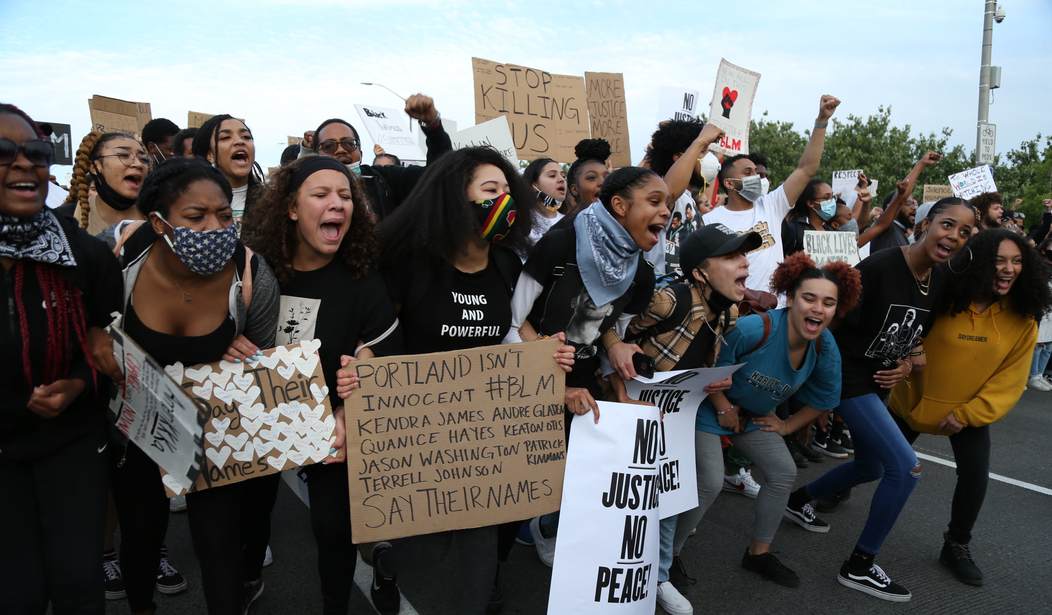The federal civil rights trial of three former police officers who were on the scene and allegedly did nothing when George Floyd died began on Monday in St. Paul, Minn.
They are accused of willfully failing to intervene against Derek Chauvin while he was kneeling on the neck of Floyd for nine minutes. Chauvin was convicted of two counts of murder in a state trial and also pleaded guilty to federal crimes of violating Floyd’s constitutional rights.
But did the three officers also commit a criminal act for failing to intervene when Chauvin refused to lift his knee from Floyd, who witnesses say was clearly in distress?
The New York Times says “Police culture is on trial.” But what is “police culture”? And does it only involve the “blue wall” defense, or is there more to it?
The case is an extraordinarily rare example of federal civil rights charges being filed against rank-and-file officers for not stopping the actions of a superior officer. Several experts say its outcome could have a greater impact on policing than even Mr. Chauvin’s convictions.
That is because the case is about a far more common aspect of police culture than Mr. Chauvin’s brutality: officers who do not intervene in the conduct of fellow officers.
Chauvin was the superior officer on the scene. There were two rookies — Thomas Lane, 38, who was positioned on Floyd’s legs during the incident, and J. Alexander Kueng, 28, who was on Floyd’s back. The third officer — Chauvin’s partner — was Tou Thao, 36.
Recommended: White House Admits Connection Between Defunding Police and Rise in Crime
This is not a civil rights case, but rather the case of a Constitutional right. Floyd should have been free of unreasonable seizure and not have been deprived of liberty without due process.
The case is “important because it centers the discussion on what do other people have a duty to do,” said Mark Osler, a former federal prosecutor who is a professor at the University of St. Thomas School of Law in St. Paul, Minn. “To step up and not defer to wrongdoers. And that’s a central discussion in policing right now.”
How about deferring to a superior officer? What is so worrying about this case is that all three officers involved are being charged with a crime of omission — an omission made in the heat of a difficult arrest. In the real world, rookie police officers do not step up and contradict or interfere with a superior officer’s actions — not if they want to keep their jobs.
This has very little to do with a “blue wall” or some kind of indictment of “police culture.” This is all about satisfying the mob.
To make their case, prosecutors will have to prove willfulness, a high standard under the law that implies some form of intent. In the past, federal prosecutors have been reluctant to bring these types of cases because of the difficulty proving willfulness.
“The basic idea is that the officer has to know he is doing something wrong,” said Rachel Harmon, a former prosecutor in the Department of Justice’s Civil Rights Division who now teaches at the University of Virginia School of Law. “Doing something with the intent to do something that the law forbids. He doesn’t have to be thinking specifically in constitutional terms.”
You would think that the last thing on the minds of the rookie cops was whether Chauvin was doing anything wrong. So why are the prosecutors bringing a case that, under ordinary circumstances, they don’t have a prayer of winning?
The answer lies in how this trial will be publicly framed. The prosecutors are counting on the pressure coming from black activists to sway the jury to convict the former officers — the same way that activists pressured a federal jury to convict officers in the Rodney King case in 1992.
One of the most well-known federal prosecutions of officers was the conviction of two police officers for the beating of Mr. King, after they were acquitted in state court. One of those convicted was a sergeant, Stacey Koon, who failed to intervene while other officers beat Mr. King.
Riots proceeded that case as well. The underlying threat of violence doesn’t even have to be intentional to be effective.
When it’s police officers against the world — and these days, that is certainly the case with city hall, minority communities, and the media against them — there is an impulse for self-preservation. It’s doubtful this one case will result in a crumbling of the blue wall. It may even strengthen it as officers around the country are faced with attacks on all sides.










Join the conversation as a VIP Member